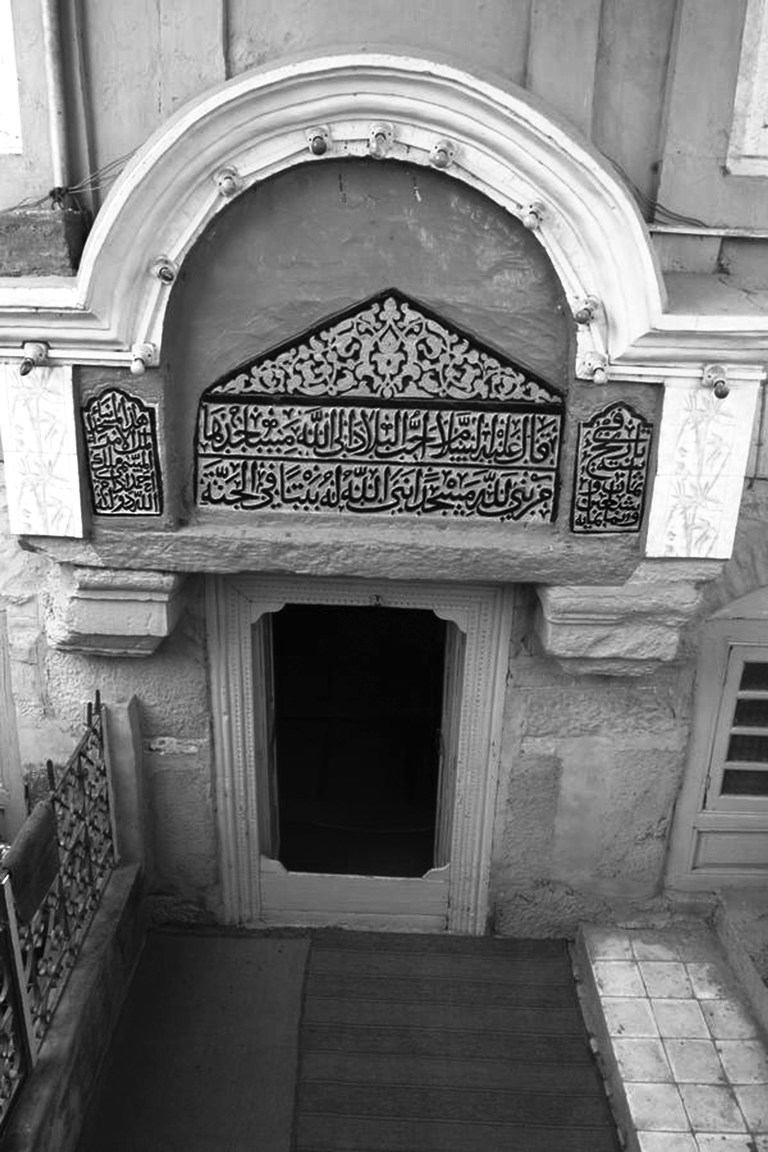by Muhammad Nadeem
Renowned historian Mohibbul Hasan, known for his contributions to Kashmir history and Muslim India, passed away at 91 on April 21, 1999. Hasan focused on meticulously exploring archival sources rather than elaborate theories, prioritising unbiased scholarship over ideological leanings.

Having received his early education at Christian College, Lucknow, Hasan pursued further studies at the University of London, where he formed a lasting friendship with Islamic historian Bernard Lewis. Upon returning to India, Hasan began teaching at MAO College, Amritsar.
From 1970 to 1974, Hasan served as professor and head of the Department of History at the University of Kashmir. Upon retirement, he resided in Haider Villa in Aligarh.
After obtaining his higher education at Oxford University, Hasan commenced his teaching career at Khalsa College, Amritsar. He later taught at Calcutta University and AMU as a Reader before joining Jamia Millia Islamia in 1960 as a Professor and Head.
Despite a stroke in 1974, he lived a fulfilling life, demonstrating remarkable fortitude. Hasan approached history with impartiality, and his public engagement reflected deep principles. His refined character left an impression on many he mentored. The loss of his son Najmul, a key figure in his final book on Babur, was devastating. Najmul was killed in West Iran in 1983, reporting for Reuters during the Iran-Iraq war.
During his tenure at Amritsar, Hasan embraced communism, producing pamphlets during the Second World War in solidarity with the Soviet Union and in opposition to fascism. This brought him into proximity with colleagues at MAO College, including poet Faiz Ahmad Faiz, writer Muhammad Din Tasir, and British historian and Marxist Victor Kierman, forming strong friendships. Hasan’s commitment to communist activism persisted throughout his time in Calcutta.

Tipu Sultan
His seminal work, History of Tipu Sultan, first published in 1951 and expanded in 1971, drew from manuscript and archival sources in various languages, including Persian, English, French, Marathi, Kannada, Tamil, Telugu, Malayalam, Dutch, Portuguese, and Ottoman Turkish. Despite proficiency in only Persian, English, and French, Hasan’s dedication to exhaustively exploring sources underscored his commitment to historical inquiry.
Assessing Tipu without bias from British or Indian narratives, Hasan depicted him as an ambitious eighteenth-century ruler, neither romanticizing nor vilifying him. Hasan’s comprehensive study established him as a leading historian, with Holden Furber acknowledging his work as the standard biography of Tipu Sultan.
A Historian Apart
As a historian, Hasan diligently pursued his research and encouraged others in their scholarly pursuits.
His 1968 publication, Waqai-i-Manazil-i-Rum, presents Khwaja Abdul Qadir’s diary chronicling a journey to Istanbul. This narrative sheds light on Tipu Sultan’s commercial aspirations in the Persian Gulf and offers a detailed examination of the social, economic, and political landscape of the late 18th century.
Babur: Founder of the Mughal Empire in India, released in 1985, originated from Hasan’s introductory work for the Indian section of Bacque-Grammont’s French translation of the Baburnama. Hasan was resolute in rectifying the imbalance in Babur’s scholarship, seeking access to the Turki original of Babur’s memoirs.
Notable among his contributions was organizing a national seminar on medieval Indian historiography, with proceedings later published as Historians of Medieval India. Esteemed academics contributed to this volume. Hasan also edited Diary of an Indian Envoy to Constantinople.
Despite declining health, he completed the manuscript on the Dogra Rule in Kashmir, though prolonged illness prevented the inclusion of footnotes and references. The manuscript is believed to be in the possession of his son, Professor Mushir al-Hasan.
Mohibbul Hasan, a distinguished historian and representative of Lucknow’s intellectual elite, hailed from Muhammadpur village in Bara Banki district, Awadh, with deep familial connections to prominent households.














